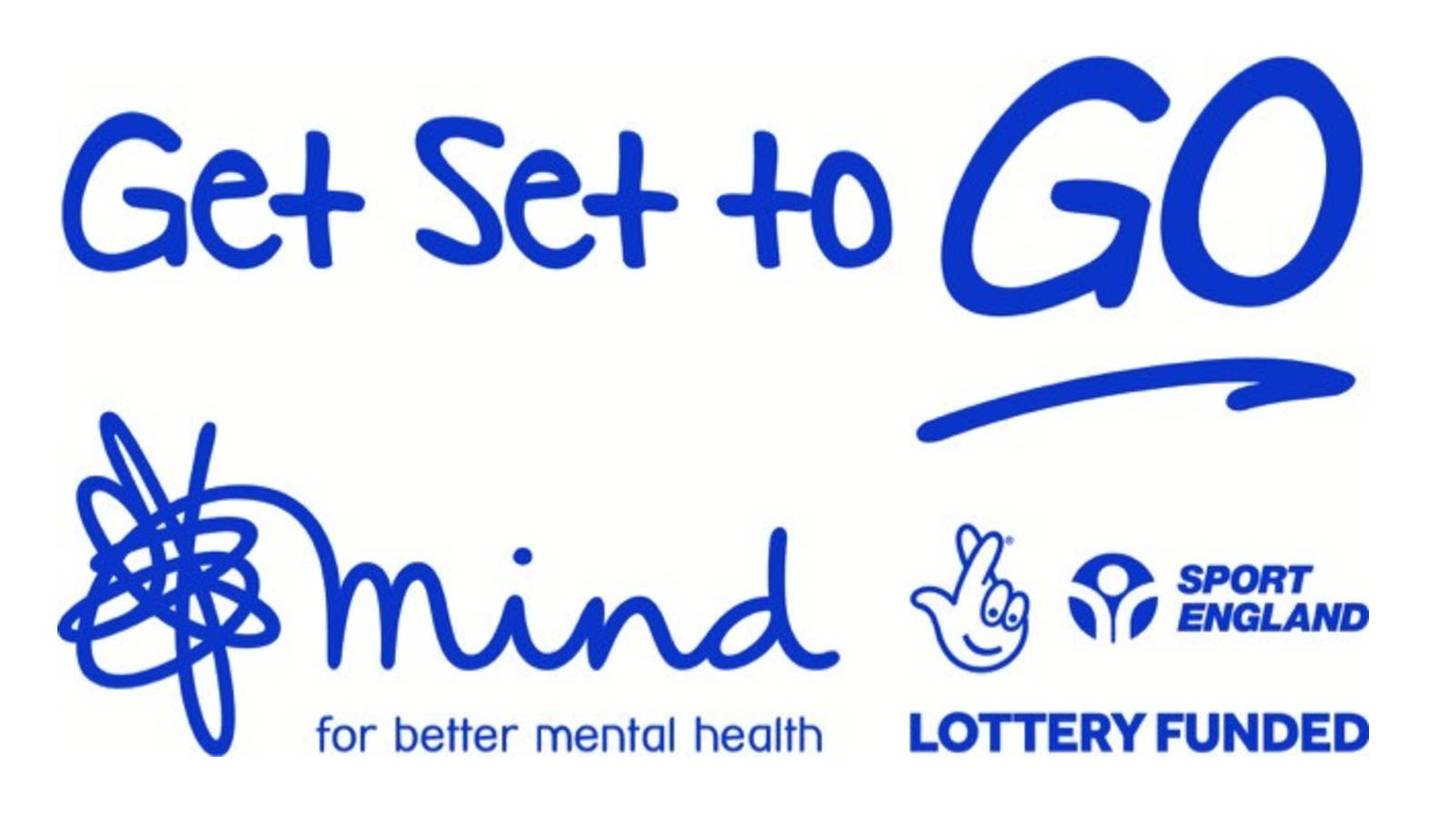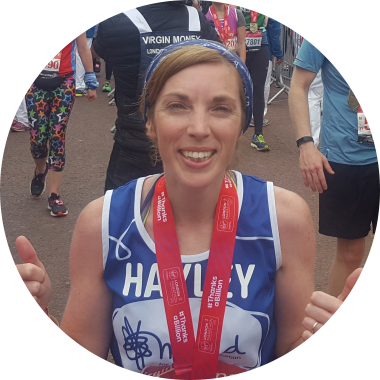Blog: “Being active can enable mental health recovery”
Activity Alliance enables organisations to support disabled people to be active and stay active for life. So, this year we’ll be sharing great stories from both sides – how organisations are working to make active lives possible, and the direct impact their work is having on individual disabled people. Ahead of Mental Health Awareness week (13-19 May), we hear from Hayley Jarvis, Head of Physical Activity at Mind. She talks about the ways the national mental health charity is addressing the barriers faced by people with mental health problems when wanting to become active.

Hi I’m Hayley Jarvis, Head of  Physical Activity at Mind. I lead a small but passionate and expanding team. We believe being active can build resilience, support and enable mental health recovery and tackle stigma and discrimination.
Physical Activity at Mind. I lead a small but passionate and expanding team. We believe being active can build resilience, support and enable mental health recovery and tackle stigma and discrimination.
At Mind, we believe nobody should face a mental health problem alone and at the top of our agenda is promoting how being active really benefits mental health.
Statistics show one in four of us will experience a mental health problem every year but hundreds of thousands of people are still struggling. As I have my own mental health problems I know first-hand how being active can support good mental health. My volunteering experience for Dudley Mind as a Jolly Joggers run leader has also given me the opportunity to see the difference a club like this can make in supporting hundreds of people to become active.
However, our insight shows that 70% of people with mental health problems find it difficult to become active, because of their mental health. Alongside this are the number of barriers that are also faced, such as negative experiences, feeling too self-conscious and having concerns about the activity provider’s understanding of mental health problems.
At Mind, we are working to address the barriers faced. Starting at a local level, we have a network of around 130 local Minds across England and Wales, who offer specialised support and care based on the needs of the communities they support. We also support the wider organisation and local Minds to embed physical activity in their work to help achieve our wider outcomes.
We also work from grassroots through to elite sport on a range of programmes to support people with mental health problems to become active, and remain active when their mental health takes a dip.
Through our campaigns we have supported thousands of people to overcome barriers. One of the ways we have been doing this is through our Get Set to Go programme, funded by Sport England and the National Lottery, which we have been delivering since 2014. Over the course of the first three years we supported over 3,500 people experiencing mental health problems to become physically active in their local communities through peer support. Peer support is when people with personal experience of mental health problems support each other. We achieved this through offering peer-led and peer supported taster events, one-to-one support and group-based activities for people to try activities in supportive environment.
More recently, we joined with the English Football League (EFL) for a two-year charity partnership called ‘On Your Side’. Together we hope to harness the power of football to raise awareness of mental health, improve the approach to mental health in sport and raise funds to deliver life changing national and local support.
We also have our Five Ways to Get Moving campaign, which highlights the simple and easy ways we can become more active every day. The campaign also encourages people with mental health problems to find ‘their thing’ and build it into their daily routine. Whether that’s walking by getting off the bus a stop earlier or taking the stairs, hula hooping, skating or paddle boarding - it needs to be enjoyable.
You can watch our campaign film below:
Whilst physical activity can be an effective tool for supporting mental health this is rarely in isolation. Many people need a combination of treatments including medication, talking therapy, ecotherapy or ‘green exercise’, creative therapy and mindfulness.
We have supported thousands of overcome barriers but there is still more work to be done. Collaboration is key as we need to work together to raise awareness of how physical activity is effective in supporting and enabling mental health recovery, and how it can help people to stay well through building their resilience to developing a mental health problem.
We have a range of useful resources and tips to support people with mental health problems becoming more active. These include information about how physical activity can help your mental health, tips for choosing an activity that works for you, and how to overcome anything that might stop you from becoming more active. Find out more on www.mind.org.uk/getactive.
We also have Elefriends, a free, safe and supportive online community space where you can be yourself and link up with others who are getting active for their mental wellbeing. Check out Elefriends at www.elefriends.org.uk.
For people working and volunteering in sport and physical activity sector, we also provide information, training and support enabling to help them better understand mental health. Visit www.mind.org.uk/sport to find out more.